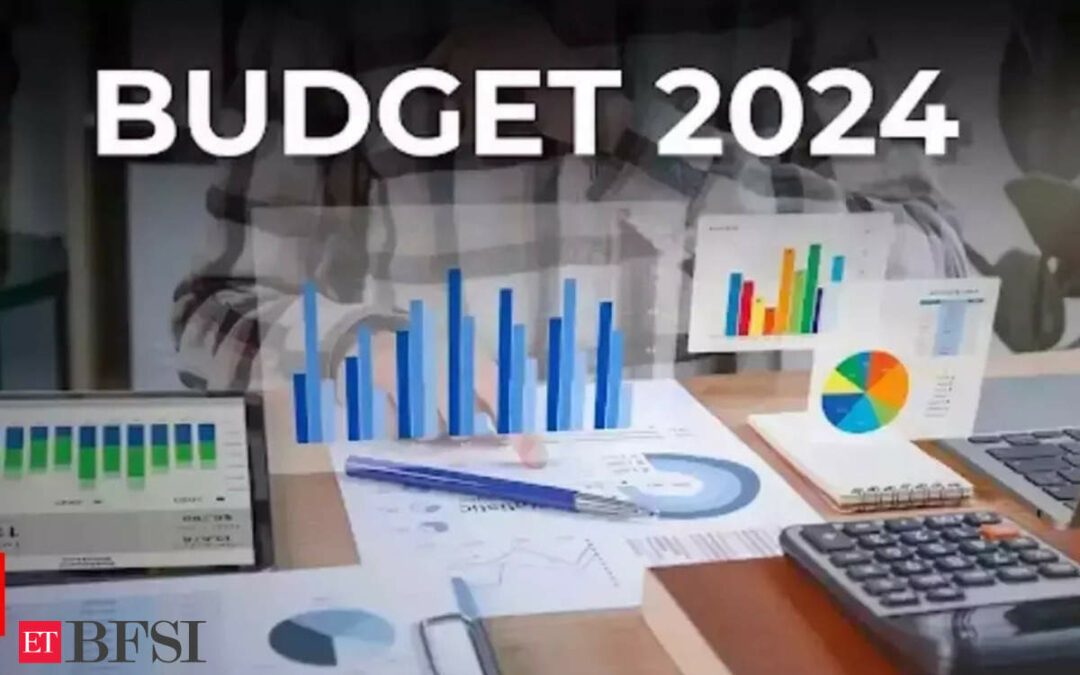Finance Minister Nirmala Sitharaman in Dec’23 announced that the upcoming Budget will be a vote-on-account and there will be “no spectacular announcement” as the government will be in election mode. When there is an election year, the present ruling government presents an interim budget or seeks a vote on account instead of presenting the full Union Budget. Budget 2024 will be presented as an interim budget on February 1, 2024.
With Lok Sabha elections just a few months away, expectations from the interim budget are high to see what the government has to offer its people. The last vote on account, or interim budget was presented back in 2019, by Piyush Goyal, who held the additional charge of the Finance Ministry, and maintained the common pattern, with only two big-ticket announcements being the Income Tax rebate and PM Kisan Samman Nidhi Yojana Yojana, a farmer support scheme.
The interim budget that’ll be presented on February 1, 2024 will be Finance Minister Nirmala Sitharaman’s sixth Budget, with which she will tie with former Prime Minister Morarji Desai.
A full financial year Budget will be presented by the government which comes to power after the 2024 Lok Sabha elections. That Budget is likely to be presented sometime in June or July.
What is a vote on account and how is it different?
According to Article 116 of the Indian constitution, vote on account is a grant in advance for the Central government to meet short-term expenditure, generally lasting for a few months till the new financial year starts.
To be simply put, when an outgoing government seeks interim permission from the Parliament to withdraw funds from the Consolidated Funds of India and spend that on expenditures and important government schemes for a few months until a new government is formed is called a vote on account.
As per the Finance Minister’s statement, this will be a vote-on-account rather than an Interim Budget.
Though both are interchangeably used, an interim budget is one which contains both the revenue and expenditure details for the period until the new government takes over and presents a full budget, while a vote on account includes only the government’s expenditures.
An interim Budget majorly includes the current state of the economy, plan and non-plan expenditures, receipts, changes in tax rates, revised estimates of the current financial year and estimates for the next financial year. On the other hand, if the Parliament passes a vote on account, it would be to meet the essential expenditures such as salaries of central government employees, funding of ongoing projects, and other government expenditures.
In terms of validity, interim Budget is valid throughout a year whereas vote-on-account is valid only for a period of two to four months.
During an election year, the incumbent government cannot present a full Union Budget. Hence, an interim budget is announced with projections only for the upcoming three-to-four months instead of the entire fiscal year.
While the interim budget may not have any major announcements, many expectations have started pouring in, but the anticipation hopes for increased allocation to education, health and technology. People want the Finance Minister to also look into employment, women empowerment and health.











